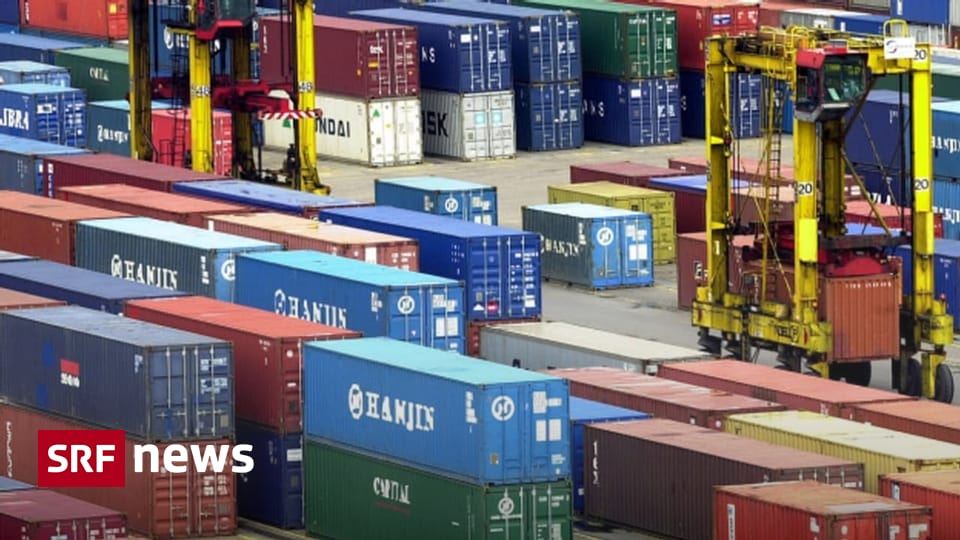Contents
The monetary fund is assuming global growth of three percent. But there are risks that are difficult to weigh.
Escalation in the Middle East, war in Ukraine, natural disasters – such as the major floods in Libya or the earthquakes in Morocco and Afghanistan – or the corona pandemic: the world is experiencing one catastrophe after another. But economically speaking, things aren’t going that bad given the circumstances.
At least this is the conclusion reached by the International Monetary Fund (IMF) in the latest edition of its world economic report – even if there are risks. “The global economy is not running, it is limping forward.” With this picture, the chief economist of the Monetary Fund opened the presentation of the world economic outlook.
Three percent global growth
Translated into figures, this means: The global economy is expected to grow by around three percent this year and next year. That’s significantly less than the long-term average, but it’s still growth. The global economy has shown itself to be surprisingly resilient in the face of multiple political crises, high inflation in many countries and the significantly more restrictive monetary policy of most central banks.
That’s why the IMF economists are trying to create another picture: that of a “soft landing”. This means: There is unlikely to be a recession – at least from a global perspective – in the next two years. And this despite the fact that many central banks will have to continue to curb demand in their economies with high interest rates.
The IMF assumes that inflation in most countries will not be back in the target range of a maximum of two percent until 2025.
Big differences depending on the region
The global economy is growing, but this global forecast says little about the development of individual countries. The differences are big: things are going surprisingly well in the USA, but things are less rosy in China and the Eurozone.
The latter in particular is bad news for Switzerland. As a small, export-oriented economy, it is heavily dependent on developments abroad – and the euro countries, especially Germany, are its most important sales market.
In the medium term, things are looking anything but rosy for the global economy: there are high risks that the global economy will continue to decline from 2025 onwards. One reason is the real estate crisis in China or the generally high national debt. This is no longer sustainable, especially for many developing countries. Another factor is the increasing fragmentation of world trade.
The risks also include the recent escalation in the Middle East. However, the economists at the Monetary Fund have not yet been able to say anything concrete about this. But it is undisputed that the conflict is not good news from an economic point of view either.
